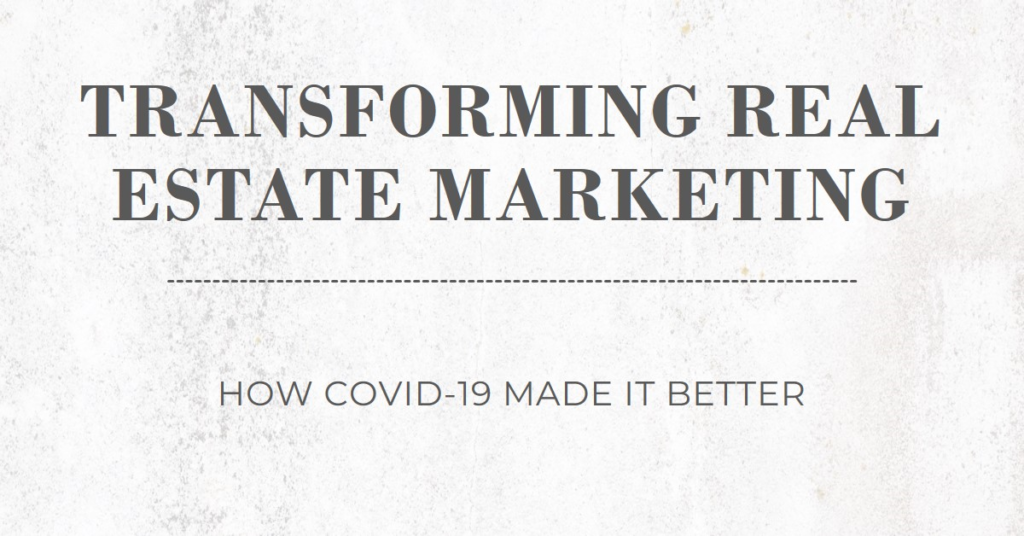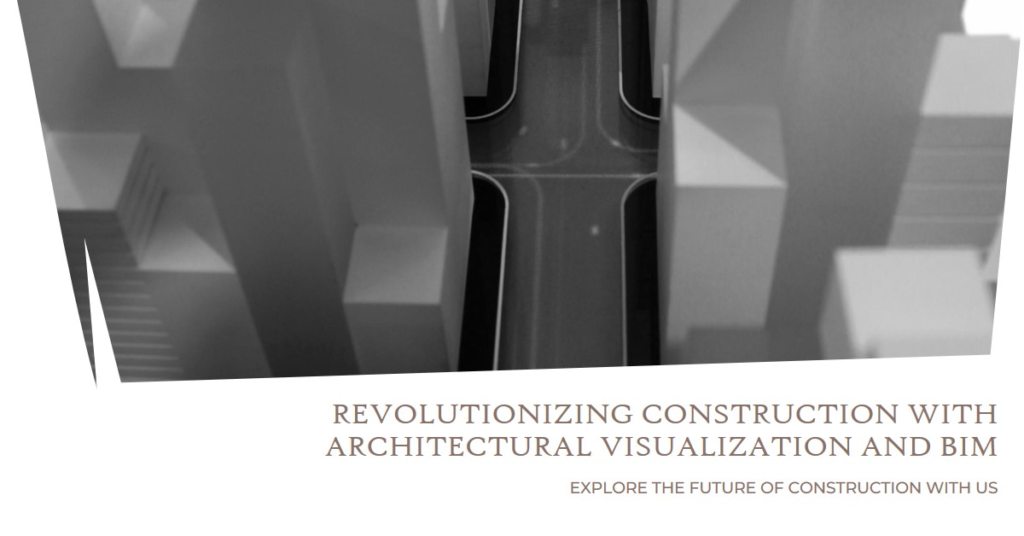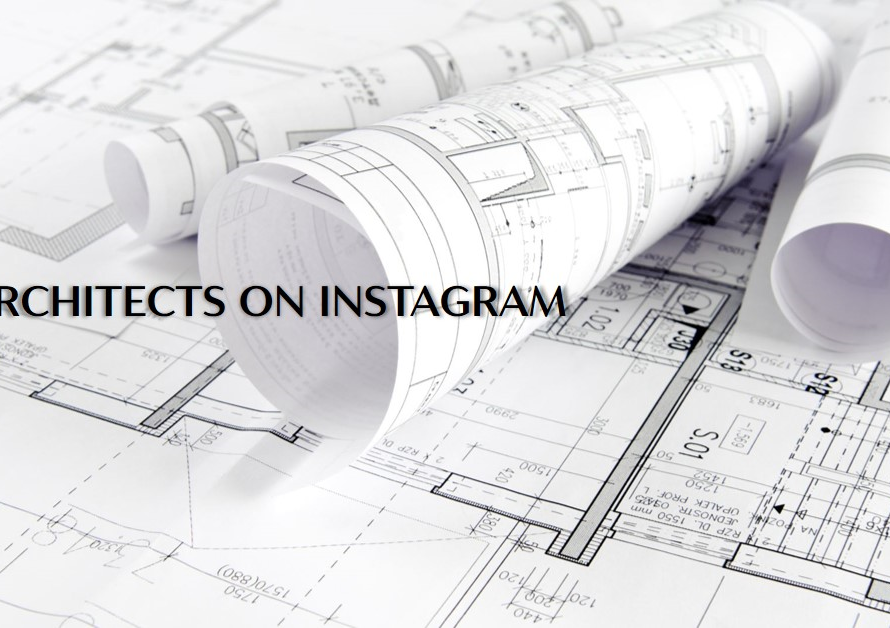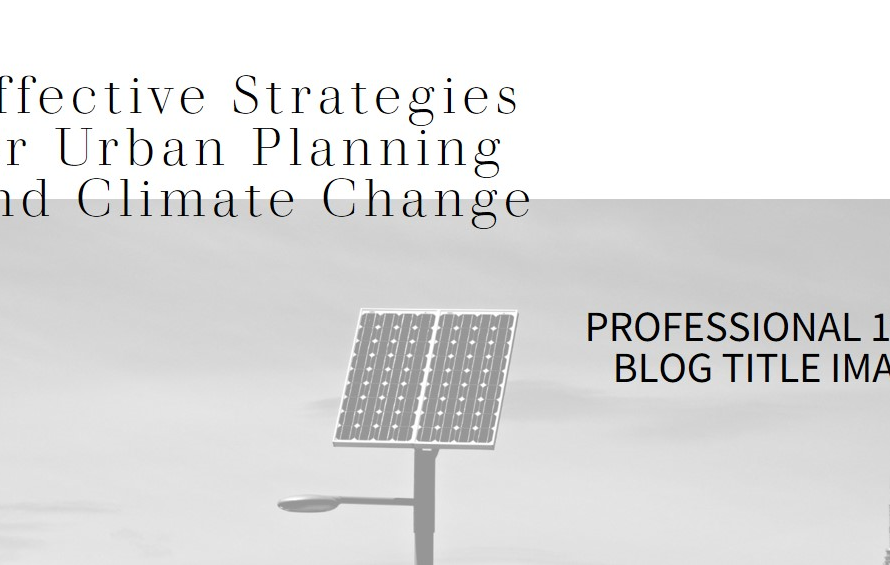
Table of Contents
Real Estate Marketing – The global COVID-19 pandemic has profoundly impacted nearly every aspect of our lives, including the way we buy, sell, and market real estate. As social distancing measures and lockdowns swept across the world, real estate professionals were forced to adapt quickly to a rapidly changing landscape. While the initial shock of the pandemic presented numerous challenges, it also sparked innovation and creativity in the real estate marketing industry. In this comprehensive guide, we’ll explore how COVID-19 transformed real estate marketing for the better, driving digital transformation and reshaping industry practices.
1. Virtual Tours: Redefining Property Showings in a Contactless World
With in-person property showings restricted during the height of the pandemic, real estate agents turned to virtual tours as a safe and effective alternative. Leveraging advanced technology such as 3D walkthroughs, interactive floor plans, and high-definition video tours, agents were able to showcase properties to prospective buyers from the comfort and safety of their own homes. Virtual tours not only provided a lifelike viewing experience but also allowed agents to reach a wider audience, including out-of-town buyers and international investors. As a result, virtual tours have become an essential tool in the real estate marketing toolkit, offering convenience, accessibility, and efficiency in the home buying process.
2. Remote Work: Embracing Digital Collaboration and Communication
The shift to remote work brought on by the pandemic also spurred innovation in real estate marketing, as agents and brokers embraced digital collaboration and communication tools to stay connected with clients and colleagues. Platforms such as Zoom, Microsoft Teams, and Slack became indispensable for conducting virtual meetings, hosting webinars, and coordinating marketing efforts. By leveraging these digital platforms, real estate professionals were able to maintain productivity, foster client relationships, and adapt to the new normal of remote work seamlessly. As a result, remote work has transformed the way real estate marketing teams operate, paving the way for more flexible and efficient workflows in the future.
3. Enhanced Digital Marketing Strategies: Leveraging Social Media and Online Advertising
In the wake of the pandemic, real estate marketers doubled down on digital marketing strategies to reach potential buyers and sellers in an increasingly virtual world. Social media platforms such as Facebook, Instagram, and LinkedIn emerged as powerful tools for building brand awareness, generating leads, and engaging with audiences in real-time. From targeted advertising campaigns to captivating visual content, real estate marketers leveraged the power of social media to stay top-of-mind with their target audience and drive engagement. Additionally, online advertising platforms such as Google Ads and Zillow Premier Agent offered new opportunities for reaching buyers and sellers in a highly competitive market.
4. Flexible Financing Options: Adapting to Changing Market Conditions
As the economic impact of the pandemic became evident, real estate marketers pivoted to offer flexible financing options to buyers and sellers facing financial uncertainty. Low-interest rates, government stimulus programs, and mortgage forbearance initiatives provided relief to homeowners and buyers alike, encouraging continued activity in the real estate market. Real estate professionals worked closely with lenders and financial institutions to educate clients about their options and facilitate transactions in a rapidly changing economic environment. By offering flexible financing solutions, real estate marketers demonstrated agility and empathy, helping clients navigate the challenges of the pandemic with confidence.
5. Emphasis on Health and Safety Protocols: Prioritizing Client Well-being
In response to the pandemic, real estate marketers implemented strict health and safety protocols to protect the well-being of clients and agents during property showings and transactions. Enhanced cleaning procedures, personal protective equipment (PPE), and social distancing guidelines became standard practice in the industry, ensuring that everyone involved in the real estate process felt safe and comfortable. Additionally, virtual consultations and electronic document signing platforms reduced the need for in-person interactions, further minimizing the risk of exposure to COVID-19. By prioritizing health and safety protocols, real estate marketers instilled confidence in clients and demonstrated their commitment to responsible business practices.
6. Sustainable Development: Rethinking Urban Design in a Post-Pandemic World
The COVID-19 pandemic prompted a reevaluation of urban design and development practices, leading to a greater emphasis on sustainability, resilience, and wellness in real estate projects. As cities grappled with the challenges of density and public health, developers and architects began to prioritize features such as outdoor spaces, natural ventilation, and access to green amenities in their designs. Additionally, mixed-use developments that combine residential, commercial, and recreational spaces gained popularity as people sought integrated environments that catered to their diverse needs. By embracing sustainable development principles, real estate marketers positioned themselves at the forefront of innovation and resilience in the built environment.
7. Data-Driven Insights: Harnessing Analytics for Informed Decision-Making
In an era of uncertainty, data-driven insights became invaluable for real estate marketers seeking to understand market trends, consumer behavior, and investment opportunities. Advanced analytics tools and predictive modeling techniques enabled marketers to identify emerging trends, forecast demand, and target their marketing efforts with precision. By analyzing market data, demographic trends, and economic indicators, real estate marketers gained a deeper understanding of their target audience and developed more effective marketing strategies. As a result, data-driven insights became a cornerstone of successful real estate marketing campaigns, guiding decision-making and driving business growth in a competitive market.
8. Remote Notarization and Digital Transactions: Streamlining the Closing Process
The adoption of remote notarization and digital transaction platforms revolutionized the real estate closing process, allowing transactions to proceed smoothly despite social distancing measures and lockdown restrictions. Electronic signatures, virtual notary services, and secure document sharing platforms enabled buyers and sellers to complete transactions remotely, minimizing the need for in-person interactions and paper-based processes. By embracing digital technologies, real estate professionals were able to streamline the closing process, reduce administrative burden, and expedite time-to-close for clients. As a result, remote notarization and digital transactions have become essential components of modern real estate transactions, offering convenience, security, and efficiency for all parties involved.
9. Resilience and Adaptability: Navigating Uncertainty with Confidence
The COVID-19 pandemic tested the resilience and adaptability of the real estate industry, challenging professionals to innovate and evolve in the face of unprecedented challenges. From virtual showings and remote work to flexible financing options and sustainable development practices, real estate marketers demonstrated remarkable agility and creativity in navigating the new normal. By embracing change and leveraging technology to their advantage, real estate professionals were able to thrive in a rapidly changing landscape, delivering value to clients and driving growth in the industry. As we look to the future, the lessons learned from the pandemic will continue to inform and shape the evolution of real estate marketing for years to come.
10. Embracing the Future of Real Estate Marketing


In conclusion, the COVID-19 pandemic has transformed the real estate marketing landscape, ushering in a new era of digital innovation, flexibility, and resilience. From virtual tours and remote work to enhanced digital marketing strategies and sustainable development practices, real estate professionals have adapted to meet the evolving needs of clients and communities. By embracing change and harnessing the power of technology, the industry has emerged stronger and more resilient than ever before, poised to thrive in a post-pandemic world. As we continue to navigate the challenges and opportunities ahead, one thing is clear: the future of real estate marketing is bright, promising endless possibilities for innovation, growth, and success.


